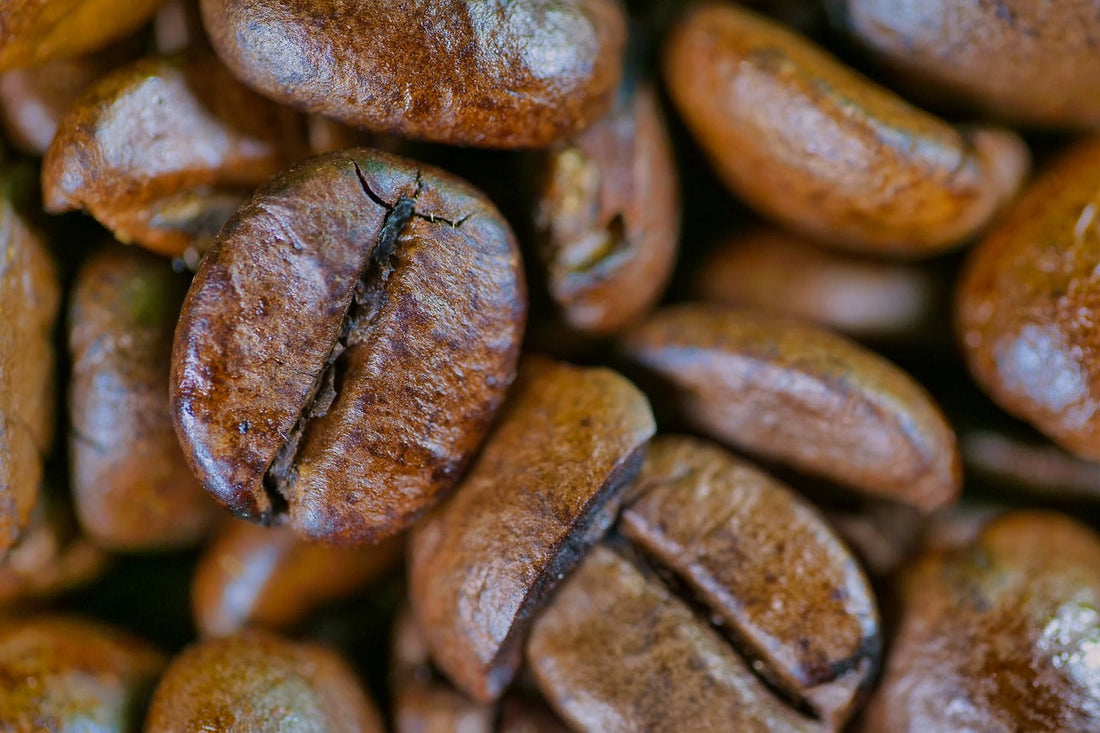
Mold-Free Coffee: What It Really Means (and Why It’s Not the Differentiator You Think)
If you’ve come across a bag of coffee claiming to be “mold-free,” it might seem like a smart, clean, and even elite choice. After all - no one wants mold in their morning cup.
But what many coffee drinkers don’t realize is this: mold-free coffee isn’t rare. In fact, it’s expected - especially in the specialty coffee world. That label might not be a warning or a guarantee - it might just be a brand’s attempt to set themselves apart using something that’s already standard in quality coffee sourcing.
Let’s talk about what’s true, what’s misunderstood, and how labels like “mold-free,” “organic,” and “fair trade” are sometimes used to give an impression of superiority that doesn’t always hold up under the hood.
☣️ Mold-Free: A Real Concern, But Not a Unique Selling Point
Mold and mycotoxins (like Ochratoxin A) can develop on coffee beans when they’re exposed to excess moisture or poor storage - especially in humid, tropical regions. That’s a real issue, and it’s taken seriously by professionals in the coffee supply chain.
However, reputable importers, exporters, and roasters already screen for these contaminants. Moldy coffee doesn’t make it past the gate when proper systems are in place. For specialty coffee, testing and rejecting defective lots is just part of doing things right.
So when a company markets their coffee as “mold-free,” it’s not necessarily wrong - it’s just not a distinguishing feature if they’re already sourcing at the level they should be.
Truth is, most quality coffee is already mold-free. If that’s their big headline, it might mean there’s not much else to highlight.
🗣️ Scott Rao Said It Best
Coffee expert and consultant Scott Rao recently addressed this topic on Instagram, after researching mold and mycotoxin reduction methods:
“I then read a few published papers on mycotoxins in coffee, and they led me to the same thought: the known methods for reducing molds and mycotoxins are already used by great specialty roasters.”
- @whereisscottrao on Instagram, June 21, 2025
This highlights a key point: the good practices are already in place. Marketing coffee as “mold-free” doesn’t necessarily reflect better processing - it may just reflect better branding.
🌱 “Organic” and “Fair Trade” Labels: Helpful, But Not Definitive
Let’s briefly touch on two other popular terms often used to imply higher standards:
- Organic certification means no synthetic fertilizers or pesticides were used - but many small farms use organic methods and simply can’t afford the certification. Some certified farms may still struggle with quality.
- Fair Trade sets a minimum price to protect farmers - but many producers earn more through direct relationships and microlot premiums than through Fair Trade prices alone.
These terms aren’t bad - but they’re often used as signals of ethical or premium status when the real value lies in relationships, traceability, and quality throughout the supply chain.
So, What Should Actually Set Coffee Apart?
Rather than focusing on one buzzword, look for a few key indicators:
- Transparency – Does the roaster share where their coffee came from, how it was grown or processed?
- Freshness – Mold and other defects are more likely in older coffee. Prioritize roasters who move through inventory seasonally.
- Taste and Integrity – If the flavor is clean, balanced, and complex, chances are the sourcing and handling were done with care.
At Storibord Coffee…
We believe real differentiation comes from how you source, how you roast, and how much you care. That’s why we are constantly tasting batches. We work with importers who screen for mold and defects as part of standard QC (quality control). We roast with precision and intention - not because it makes for a catchy label, but because it’s the right way to do things.
You won’t see “mold-free” stamped across our bags - not because we don’t care, but because it’s already part of the promise behind everything we do.
Final Thought:
In a world full of buzzwords, it’s easy to assume that more labels mean better coffee. But real quality doesn’t always shout - it shows up in the cup.
So when you see bold claims on a bag of beans, ask what they’re actually offering. And remember, great coffee doesn’t need to compete on empty labels - it stands on process, people, and purpose.
Thanks for drinking thoughtfully.
